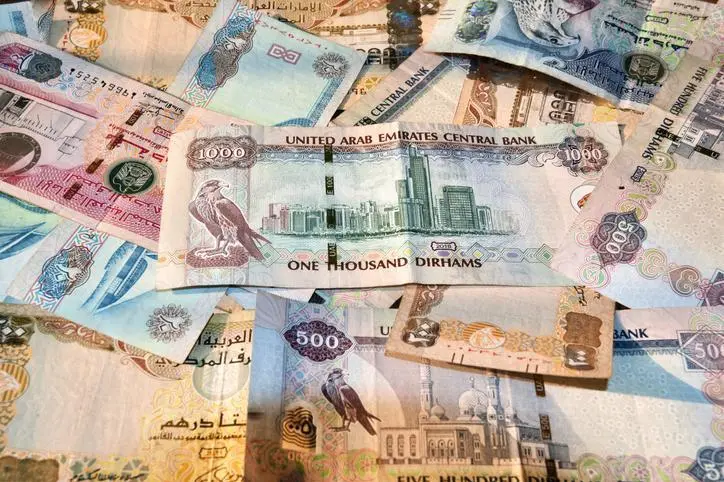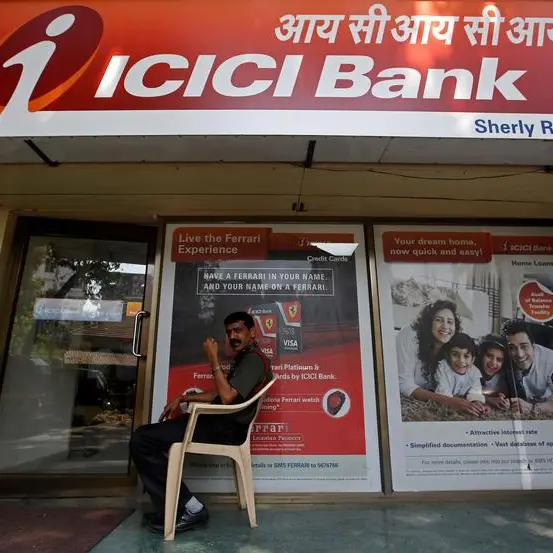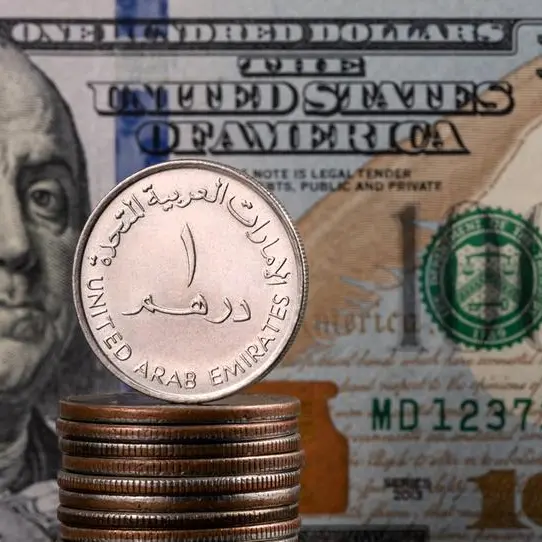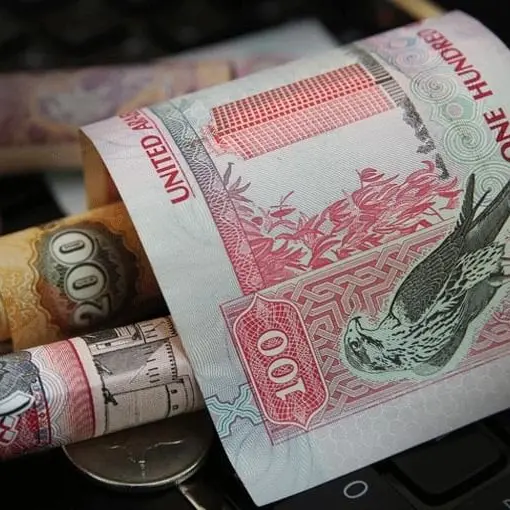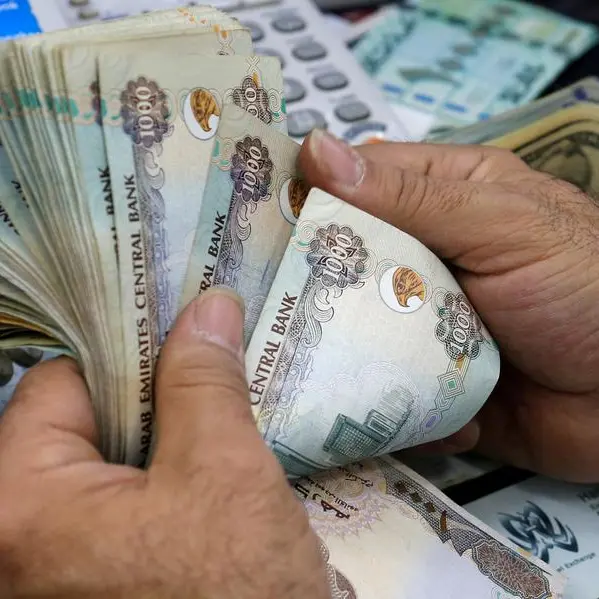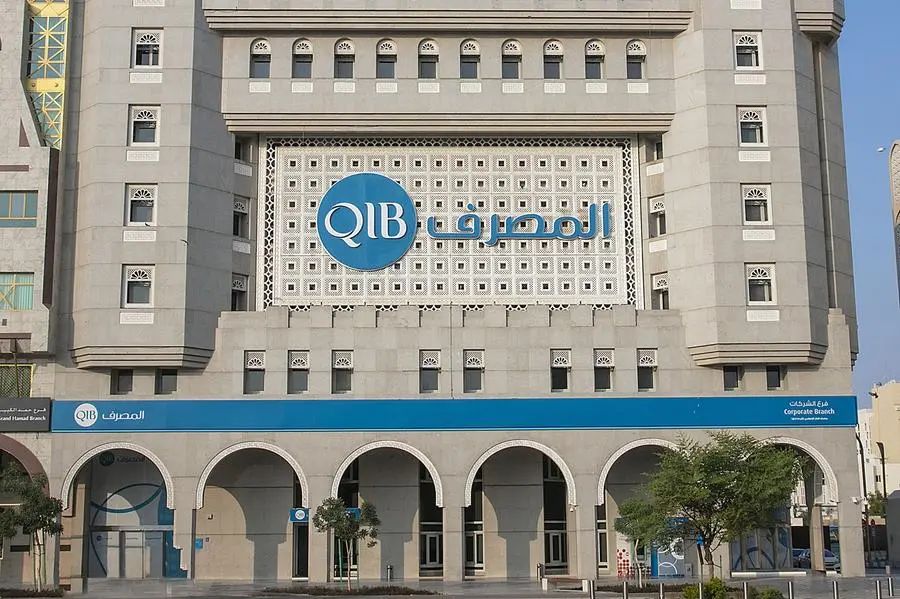PHOTO
The UAE government’s planned launch of its first dirham-denominated treasury bonds is an important step as it is a key enabler for the development of the nascent domestic Debt Capital Market (DCM) and supports funding diversification initiatives, said Fitch Ratings in a note on Tuesday.
The UAE said last week it plans to launch next month its domestic dirham-denominated treasury bonds with a benchmark auction size of 1.5 billion dirhams ($408 million). The first auction date, to be held in May 2022, will be followed by a series of periodical auctions.
The planned dirham T-Bonds will be issued initially with tenors of two, three and five years, to be followed by a 10-year bond. The debt law of 2018 allows the UAE federal government to issue debt in any currency.
According to Fitch however, there needs to be further development in the areas of regulation, financial incentives, adequate infrastructure, deeper liquidity, active secondary market and in attracting more participants.
"Additionally, a key hindrance to the domestic DCM growth includes a corporate funding culture in the UAE and the GCC at large which is geared primarily towards bank financing rather than bonds or sukuk."
The T-bills offering will also open the way for corporates and financial institutions to issue dirham-denominated bonds and sukuk. This step is expected to help build the domestic yield curve and provide a pricing reference for dirham-denominated bonds, sukuk and loan products.
In the UAE, the size of the DCM reached $245 billion (all currencies) in the first quarter of 2022. Outstanding dirham bonds and sukuk stood at only $31.6 billion or 12.8 percent of the total, with issuance mainly from the central bank and other government agencies. The volume of outstanding AED sukuk reached $1.5 billion at 1Q22, according to Fitch.
For domestic, regional and international investors, the availability of dirham-denominated sukuk and bonds would help expand their investment options. It could also allow investors to access smaller-sized or lower-rated domestic issuers unable to issue debt in the international market. Investors would also benefit from the UAE dirham’s peg to the US dollar, with no additional currency risk exposure.
(Writing by Brinda Darasha; editing by Seban Scaria)
